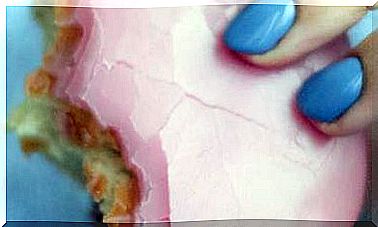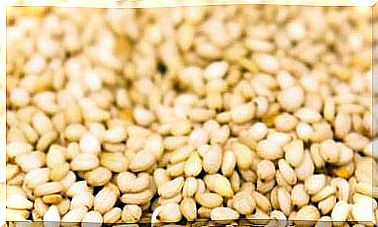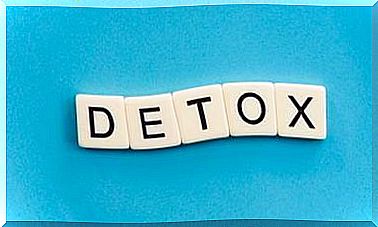5 Carcinogenic Components Of Processed Meat
The WHO warned of the relationship between cancer and the consumption of processed meat, but why is this relationship? Is it really dangerous to consume it?

The World Health Organization published a report on October 26, 2015 in which it classified processed meats as causing cancer and red as probable causes. Faced with this clear positioning of the world scientific authority on health issues, there was an avalanche of responses from all kinds of levels: doctors, nutritionists, journalists, butcher consortia … Most have agreed on a message almost in the opposite line to the WHO : calm, good sense, it is relative …
Meat and cancer: a proven relationship
But the WHO was not the first to warn of the relationship between meat and cancer. In reality, the information available on red meat is overwhelming and has been accumulating for decades.
The International Agency for Research on Cancer (IARC), of the WHO, to issue the report has taken into account more than 800 different studies on cancer in humans and consumption of red or processed meat, so they are conclusions based in very ample evidence.
The relationship between processed meats and cancer was already established by the IARC itself in 2007. In 2014, the experts who wrote the fourth edition of the European Code against Cancer recommended avoiding processed meat. Two years earlier, the Harvard School of Public Health conducted the same orientation in its Healthy Plate report.
Numerous investigations have reached the same conclusions with the highest levels of scientific evidence in recent years. It is in all this previous work that the WHO relies.
Consumption of meat in Spain
In Spain, 50.14 kg of meat are consumed per capita per year, according to the 2015 Annual Food Report of the Ministry of Health. Of this quantity, almost 12 kg are processed meat, which gives us an average of about 32 g per year. day.
Mortality has been observed to increase with a consumption of processed meat above 20 g per day, according to the WHO.
Spaniards put themselves at risk by consuming 32 grams of processed meat per day.
There is no safe dose
The risk increases the more meat is consumed, but there is no evidence to indicate an amount that can be considered safe and whose risk is zero.
It cannot be forgotten that one of the populations that consumes the most meat by-products is precisely the most vulnerable group: children. The lunches and dinners based infant sausages, burgers, sausage and ham cooked are the order of the day.
Why is meat carcinogenic?
What do they have to increase the risk of cancer? Rather than relativize, we should explain to citizens why processed meat is proven carcinogenic and red meat is likely carcinogenic:
1. By adding nitrites as preservatives
These additives protect against the growth of pathogenic bacteria that cause botulism and delay rancidity, but are transformed by the action of digestion into nitrosamines, which are carcinogenic compounds.
2. Due to its high amount of heme iron
It reinforces the previous point, since it also stimulates the creation of nitrogen compounds in the intestine.
3. By the content of benzopyrenes and amines and polycyclic hydrocarbons
Processing and cooking of meat produce benzopyrenes and amines and polycyclic aromatic hydrocarbons that are also carcinogenic.
4. Because it displaces the consumption of other foods
The high consumption of meat displaces other foods in the diet, including fruits, vegetables, legumes and seeds, whose fiber and antioxidants offer protection against colon cancer.
A diet rich in meat is likely to be low in fiber, and we know that fiber promotes healthy bacterial flora in the colon. This beneficial flora produces anticancer compounds such as butyrate.
5. Due to excess salt
Due to the excess of salt in cured and salted products, and due to the lousy lipid profile, very rich in omega-6 fatty acids that are pro-inflammatory.
Goodbye to processed meat
Prepared meat products are dispensable: they do not add to the diet anything that we cannot obtain from other much more recommended sources. Eliminating them from the diet does not have any negative effect and instead we do know that it can have a positive impact.









